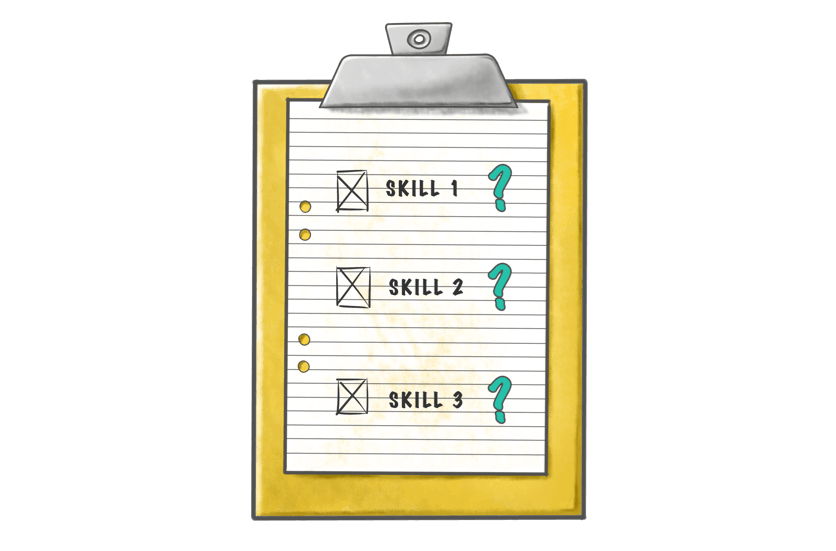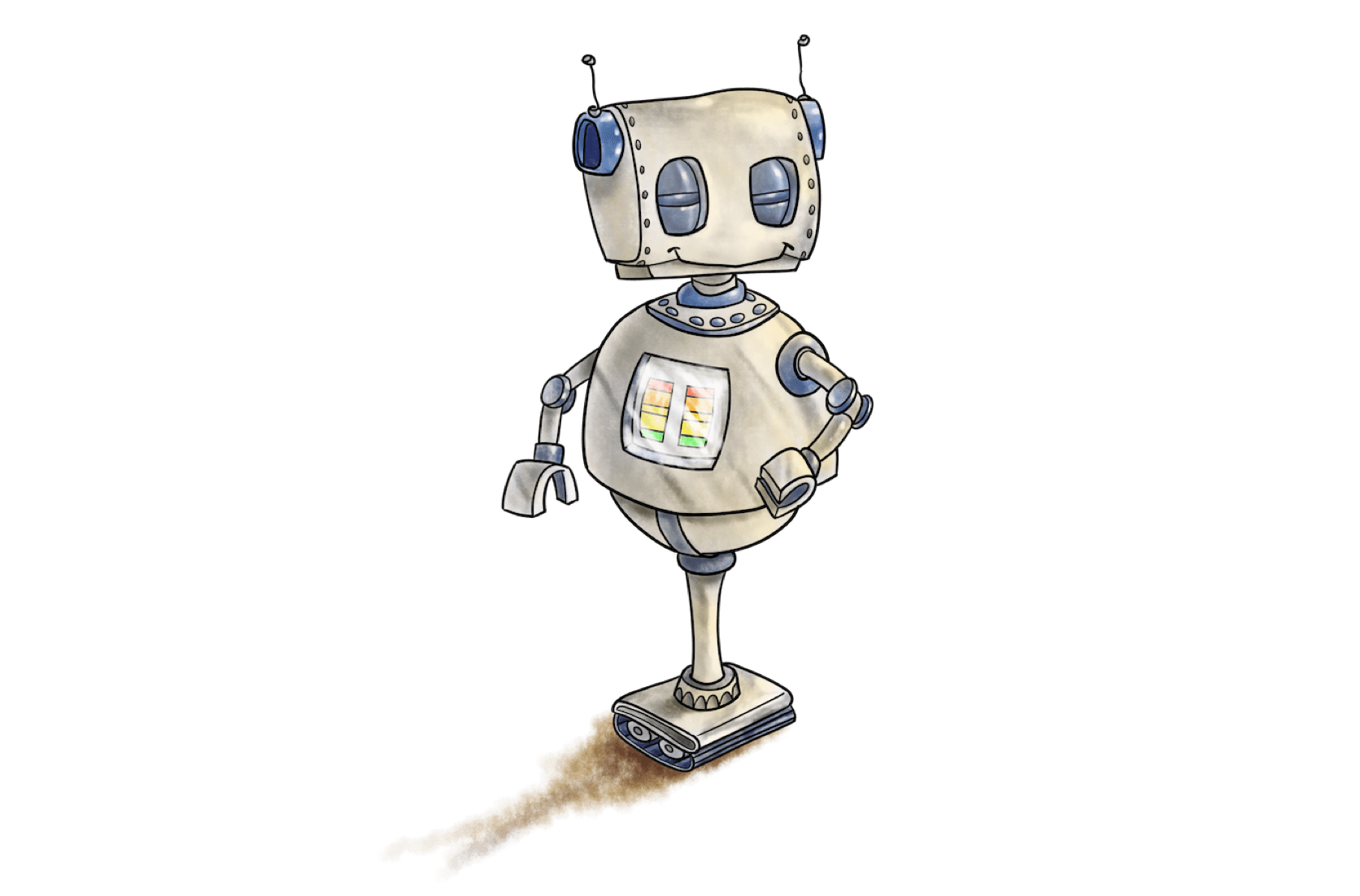
2020 is over and I think we're all trying to catch our breath. The year that jumped the shark. The year that lasted 10 years and 3 days simultaneously. It's over, breathe in. 2021 will (hopefully) bring a better tomorrow, breathe out.
But, instead of commiserating, it's worth taking a walk on the bright side and remembering that in the middle of all the horror, there was a little good. For us at Yarno, the good was that it forced us to go fully remote and realise that as knowledge workers, we really can do most things by distance. The result being that it forced us to level up our communication skills, and the time-gap left from no longer having to commute was filled with family, friends, exercise, and more hours of Netflix than we'd like to admit.
And, for the wider workplace, another bit of good is the emphasis that COVID has put on personal development and workplace learning in general. Looking back on this unprecedented year, you see that the biggest learning trends were actually precedented - they were things that have been coming for a while, but the forces that be sped the process up a fair bit. So, here we go - the biggest learning trends of 2020.
Trend #1: Mental health and wellness skills
The storm clouds have been brewing for a while. Then 2020 hit leaving us all stressed, depressed, and dressed in our pyjamas 9-5. Something had to give.The result being a new-found prioritisation on the importance of mental health, and companies pivoting to incorporating mental health and wellness training as part of their L&D strategy. According to Udemy, consumption of anxiety management, resilience training, and stress management learning content is up by over 1000%. So, while it's safe to say we all experienced the full-spectrum of human emotion in 2020, the good news is that the ones we work with have listened and are trying to help us help ourselves find some ways to cope. Light, meet the end of the tunnel.
Trend #2: A move to hybrid teams, and the skills that follow
A difficulty we have at Yarno is finding an accurate job title for each Yarnoer. We've been struggling with this for a while now. When you do so many different things, using many different skill sets, it's hard to find a title that accurately and succinctly describes exactly what it is you do.
Well, it turns out this isn't a Yarno-centric problem. Rather, the global workforce as a whole is moving away from silos and towards hybrid or cross-functional teams. Between the looming economic threat and the rate of technological development, it's no longer enough to be a one-dimensional team-member. Rather, we're all working towards building those "soft" skills that are transferable between roles; whether it's leadership, critical thinking, or, the ever sought after "stick-to-it-iveness" - companies don't just want the wrapping paper; they want the whole package.
These skills take longer to develop, and haven't traditionally been the focus of corporate training. However, prominent figures like Josh Bersin say their importance shouldn't be underestimated, and even says that they're a non-negotiable to surviving the modern corporate world.
Trend #3: Supercharged cyber security
Working from home is great. Wake up late, take meetings in your PJs, grab a bit of that 'work-life' balance we hear so much about. Unfortunately, as the lines between work and life become blurred, cyber security often takes a hit.
Increasing use of personal devices for work-related activities (and vice-versa) leaves us vulnerable to cyber attack as little good habits slip and we don't take the precautions we're forced to in the office.
Luckily - it's not a lost cause. Most cyber-incidents involve some form of human involvement, which means that most incidents are preventable! It's just about building small, but critical habits to keep you and your work cyber-safe.
Don't believe us? Check out our webinar with Rupert Evill, cybercrime expert. He focuses on the human side of cyber to show how it's simple, every day habits that keep us cyber safe.
Wrap up
2020 may be over but it's not the end for these trends. As we know, the pandemic hasn't just changed life for now, but will have lasting impacts on everything we do - from work, to life, to how we queue in lines (really hoping the standing 6 ft apart thing carries on through 2021 and beyond...) For a lot of us, we'll never return fully to pre-pandemic working life, but rather, will embrace flexible and remote learning from now on. Which means that these aren't just 2020 learning trends, but more accurately, contemporary learning trends. I know at Yarno, we're definitely on the bandwagon with all of the above; the question is, are you?











































































































